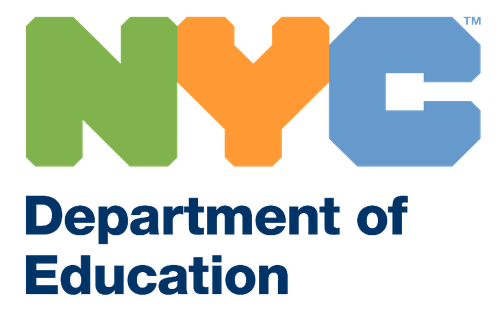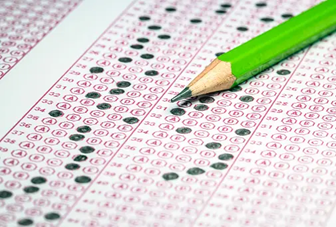PA lawmakers reach $47.6 billion budget deal with sweeping changes to public education – By Gillian McGoldrick and Trebor Maitin, Philadelphia Inquirer
Gov. Josh Shapiro signed a $47.6 billion state budget deal Thursday night after weeks of negotiations, featuring sweeping changes to the higher education landscape and how the state funds its public schools.
Pennsylvania increased spending for K-12 public schools by more than $1 billion in the next fiscal year, including several new initiatives to help all of the state’s school districts offer their students an equitable and adequate education. The full budget deal includes less spending than Shapiro asked for earlier this year, and invests less than what public education advocates had said was necessary to bring tangible change to schools. But leaders maintained Thursday that the investments are a significant down payment to right decades of underfunding.
”Together, we got it done,” Shapiro said in a news conference late Thursday night. “This is a huge win, and I’m committed to building on that progress for many years to come.”
Overall, the state will increase spending by 6.2%, or $2.72 billion, over last fiscal year, according to the budget unveiled Thursday.

Sununu signs bill to provide voting law information to NH students – By Ethan Dewitt, New Hampshire Bulletin
New Hampshire public and private high schools will soon be required to give voting information to students, under a law signed by Gov. Chris Sununu this month.
House Bill 1014 requires that civics instruction “include information on the laws governing election and voting” in New Hampshire. That information would supplement what is currently required to be taught in schools for history and civics, including the structures of the New Hampshire Constitution and U.S. Constitution, and the role and function of government.
Currently, the State Board of Education is required to distribute copies of the state constitution and state voting laws to middle schools and high schools for civics instruction. But HB 1014 would directly mandate that schools use that information to bolster “the role, opportunities, and responsibilities of a citizen to engage in civic activity.”
The bill comes as part of an effort by some to increase participation in elections among young people. Voting rights advocates have noted that only 15 percent of 18-year-olds in the state were registered to vote in the 2022 midterm elections.
New York schools must notify parents ahead of lockdown drills, under newly amended rules – By Julian Shen-Berro, Chalkbeat
New York education officials are mandating that schools develop procedures to notify parents at least a week in advance of lockdown drills.
The change is part of new regulations set to take effect in 2024-25 requiring that the drills be conducted in “a trauma-informed, developmentally and age-appropriate manner,” according to the amended rules adopted by the state’s Board of Regents on Monday.
To some advocates and lawmakers who for years have sought changes in lockdown drill requirements out of concerns about their impact on student mental health, the amended regulations come as a welcome step. But they fall short of the full reforms that advocates sought.
Currently, New York law requires that public schools conduct at least four lockdown drills each year — a number that critics argue was arbitrarily chosen. Earlier this year, some lawmakers introduced a bill that would lower the requirement to two drills, but it didn’t pass by the end of the legislative session.

State superintendent lays out plan to cut size and frequency of student assessments – By Chris Clements, Wyoming Public Radio
Wyoming’s Superintendent of Public Instruction Megan Degenfelder has proposed reducing the amount of K-12 state testing required of students.
In a presentation to the State Board of Education in June, Degenfelder laid out a plan to cut the size and frequency of WY-TOPP testing, also known as the Wyoming Test of Proficiency and Progress.
It would reduce the length of state math assessments for students in grades 3 through 8 by 30 percent and make math tests for 9th graders optional instead of required.
It would also remove a writing test required of 3rd graders, which Degenfelder argued comes too early for students who may not have learned typing skills yet.












